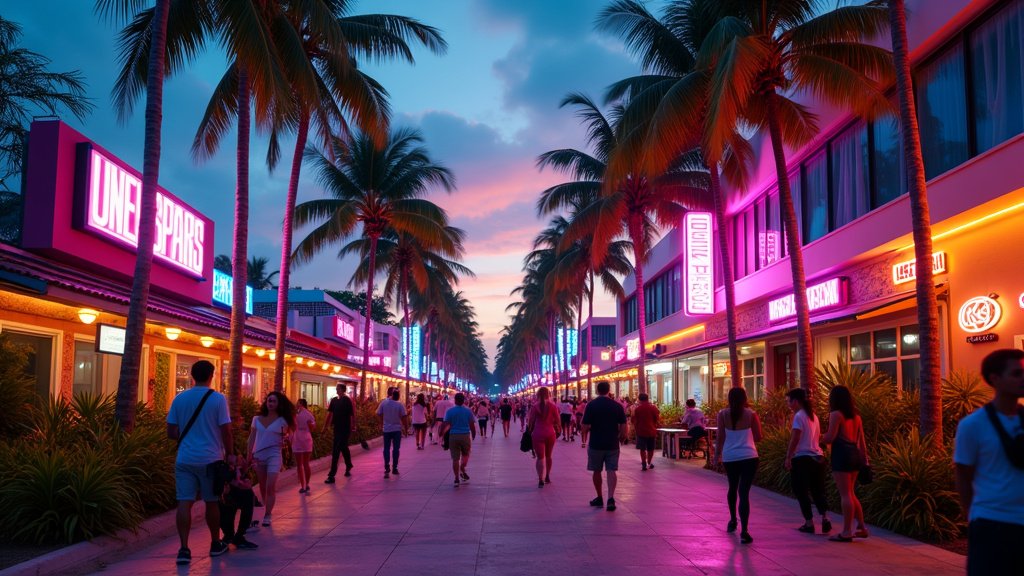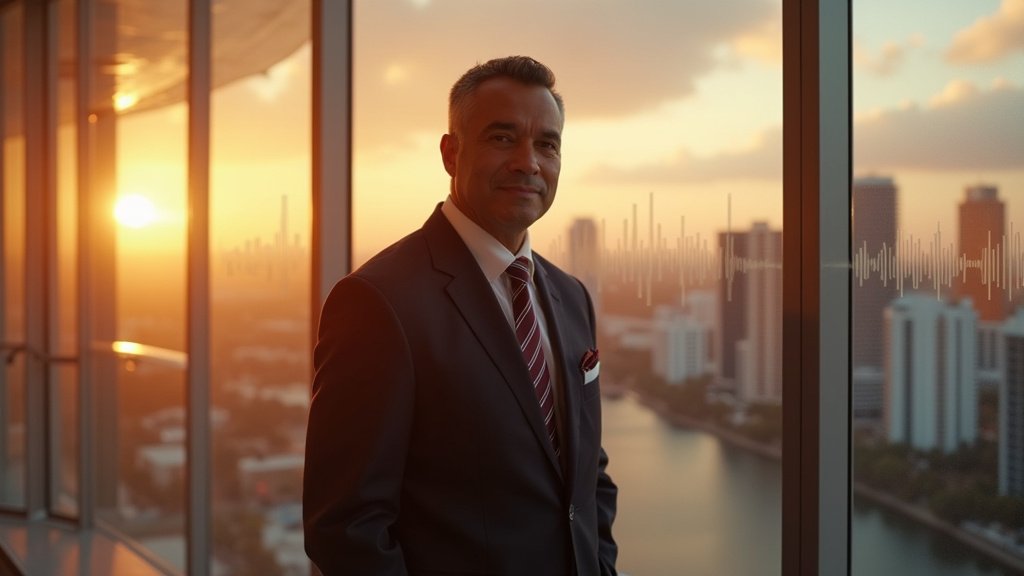MIAMI, FL – Miami city officials are considering significant changes to the city’s soundscape, proposing stringent new regulations targeting outdoor music performances in key entertainment zones. The measure, currently under review by city council members, seeks to impose stricter noise limits and mandate earlier curfews, a move proponents argue is necessary to address persistent resident complaints about late-night disruptions.
However, the proposal has immediately ignited fierce opposition from the city’s vibrant live music industry, with venue operators and promoters warning that the potential restrictions could severely impact the economic vitality and cultural identity of one of Miami’s most celebrated assets.
Proposed Regulations Detailed
The core of the proposed legislation centers on tightening the rules governing when and how loudly outdoor music can be played. While specific decibel limits and precise curfew times are subject to finalization, the current draft indicates a clear intent to roll back the hours during which live and amplified music can be performed outdoors in certain districts, as well as lowering permissible noise thresholds. These regulations are reportedly aimed at areas known for a high concentration of nightlife and entertainment venues that feature outdoor elements or stages.
City officials initiating the proposal cite an increase in noise complaints from residents living near or within these entertainment hubs. They argue that the quality of life for long-term residents is being negatively impacted by noise pollution extending into the early morning hours, particularly on weekends. The proposed measures are framed as a necessary balancing act between supporting the city’s crucial entertainment sector and ensuring residential peace and quiet.
The Resident Perspective
The impetus for the regulatory push stems directly from constituents who have voiced frustration over prolonged noise from outdoor venues. Residents in areas like Wynwood, the Design District, and parts of downtown, which have seen significant residential development alongside the growth of entertainment, report that loud music often continues past traditional sleeping hours, affecting families and individuals’ ability to rest. Advocates for stricter rules emphasize the right of residents to enjoy their homes without excessive disturbance, highlighting that current regulations may not adequately protect their well-being against the intensity and duration of noise generated by large outdoor events and venues.
They argue that while Miami thrives on its energetic atmosphere, the impact on those living closest to the source of the noise must be mitigated. The proposal, from this perspective, is a long-overdue response to a growing conflict between expanding entertainment zones and established or new residential communities.
Industry Opposition Mounts
The reaction from Miami’s extensive network of music venues, promoters, event organizers, and artists has been swift and overwhelmingly negative. Industry stakeholders contend that the proposed noise limits and earlier curfews pose an existential threat to outdoor performances, which are a cornerstone of Miami’s appeal as a destination for live music and events.
Venue operators argue that reducing operating hours and permissible sound levels will make many outdoor concerts and events economically unviable. Ticket sales and bar revenue, heavily reliant on late-night activity, could plummet. Promoters warn that headlining artists and large-scale events, which often feature contracts dictating specific performance times and production requirements, may bypass Miami altogether if regulations become too restrictive compared to other major cities.
The opposition posits that these measures could lead to significant job losses, impacting sound engineers, security staff, bartenders, servers, and other personnel integral to the live music ecosystem. Furthermore, they argue it could stifle artistic expression and diminish the very cultural vibrancy that draws tourists and residents to the city.
Economic and Cultural Stakes
The debate over noise regulations is inextricably linked to Miami’s broader economic and cultural identity. The city has cultivated a global reputation as a hub for music, art, and nightlife, contributing substantially to its tourism industry and overall economy. Live music venues and outdoor events are critical components of this image, attracting visitors and providing platforms for local and international talent.
Opponents of the proposal caution that overly stringent regulations could damage this carefully built brand, potentially leading to a decline in tourism revenue specifically tied to music and entertainment. They stress that the economic benefits generated by the music scene – from direct venue spending to auxiliary businesses like restaurants, hotels, and transportation – far outweigh the perceived issues, suggesting alternative solutions like improved soundproofing, better event management, or staggered operating hours might be less disruptive.
Next Steps and Potential Outcomes
The proposed regulations are now entering a crucial phase of review and public debate. City council members are expected to hear testimony from both residents and industry representatives before making a decision. The process is likely to involve considerable negotiation and potentially amendments to the initial proposal as officials attempt to navigate the competing interests.
The outcome remains uncertain. Officials could proceed with the strict measures, potentially facing legal challenges and significant backlash from the industry. Alternatively, they might opt for a compromise, perhaps implementing less drastic changes or focusing on specific problem areas. A third possibility is that the proposal could be significantly revised or even shelved if the economic and cultural arguments against it prove compelling enough to sway a majority of the council.
Regardless of the final decision, the debate over outdoor music regulations in Miami underscores the complex challenge faced by rapidly growing cities: balancing the desires of residents for peace and quiet with the economic and cultural imperative to foster a lively and attractive urban environment.





